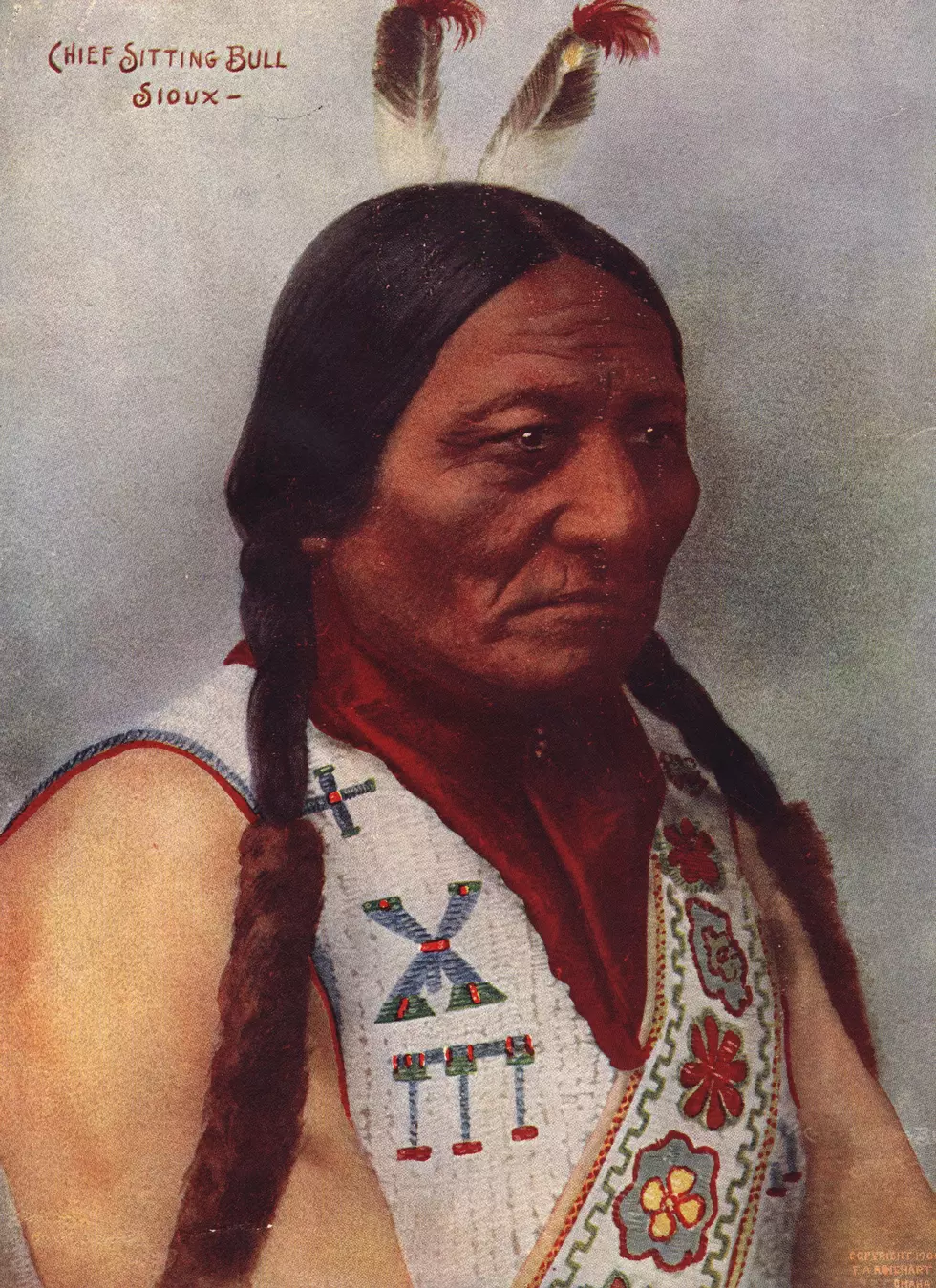
Do We Owe For The Sins of Our Fathers?
There is a growing feeling in the United States that parents should be held more responsible for the actions of their children. Social media bulling, delinquency, anti-social behavior have all been discussed over the years.
How much responsibility does a parent have when it comes to the actions of their children since they are not always with them 24/7/365? Many feel that some punishments should be handed out to the parents along with their offspring.
Another feeling that has been around for many years is the discussion of what, if anything, does the current population owe previous populations that were treated poorly during our history?
American Indians
It’s pretty hard to make a case that the American Indian got a good deal from the United States. Confined to reservations on poor, non-productive lands. Treaties broken on a regular basis have made a compelling case for America to do more to the current tribes.
While many tribes are doing well under their own regulation, those under more government control are impoverished. Addiction and alcoholism are very prevalent in many of these tribes. How much is owed, and to whom, and for how long?
Japanese Internment Camps
During WWII Japanese citizens were rounded up and indiscriminately placed in internment camps. Many lost all their possessions and property that was never returned. Are today’s sons and daughters on the hook for the errors grandpa and grandma made in a time of war? What kinds of accounting methods would be used? How would inflation be calculated or property and commodities?
The Black Slave Trade
In the 1600-1700’s slavery around the world was a fact of life. Human trafficking was a huge economic income stream to many poor countries. Many slaves were brought by ship to America’s shores to work in fields and do manual labor.
Does today’s farmer or cotton grower owe remunerations to ancestors of these slaves of yesteryear? If so, to whom do they owe it, and how much?
Restitution?
Groups of people have been exploiting other groups of people since the beginning of time. There is still slavery in parts of the world and it’s mostly ignored in todays politically correct, “I don’t want to get involved,” society.
We pick and choose who are the good guys and the bad guys based on our political ideology. If money is the best form of restitution for past generations where does that end?
If my family owned slaves, and I’m pretty sure we didn’t, how many generations do I owe? Seems unfair to just reward one generation when there are more coming every year. I would think someone is going to feel shortchanged at some point.
Some Final Thoughts
The United States no longer allows slavery, it has discrimination laws, tries to protect her citizens from bigotry and hate. It doesn’t always work as planned.
I don’t feel that I owe anyone some form of monetary restitution for events that happened hundreds of years ago. That’s a perpetual payment that never ends.
I think my job is to make sure events like that don’t happen to anyone in the future. I think that’s the restitution I owe. I can’t excuse the previous behavior, but I can make sure that I don’t perpetuate it.
More From KMMS-KPRK 1450 AM



![[POLL] Will You Got Back to Restaurants and Bars When They Open?](http://townsquare.media/site/8/files/2017/04/Adam-Berry.jpg?w=980&q=75)
![[POLL] Should wearing a mask in public be mandatory?](http://townsquare.media/site/8/files/2020/04/GettyImages-1213079528.jpg?w=980&q=75)
![[POLL] Will You Tune Into The Tom and Shane Saturday Show?](http://townsquare.media/site/8/files/2020/04/TomShaneFB.jpg?w=980&q=75)

![[POLL] Will The Tourists Return To Montana?](http://townsquare.media/site/119/files/2019/04/Tourism-1.jpg?w=980&q=75)

